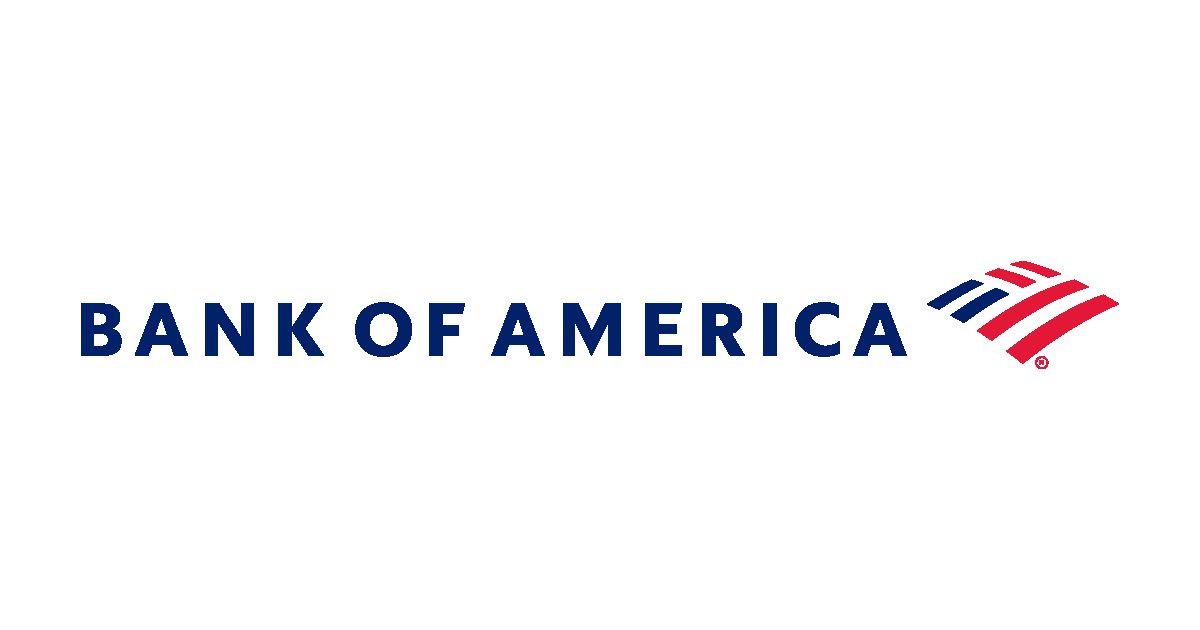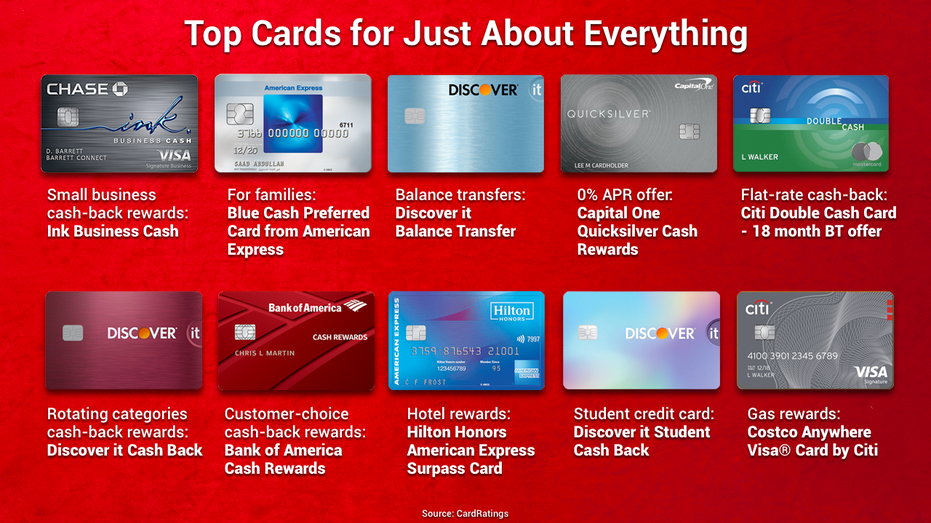Top Business Term Loans for Your Company
Welcome, fellow entrepreneurs! If you’re looking to take your business to the next level, you may be considering a term loan to boost your company’s finances. With so many options available, it can be overwhelming to decide which loan is the best fit for your needs. In this article, we will explore some of the top business term loans currently on the market, helping you make an informed decision for your company’s future success.
Understanding Business Term Loans
Business term loans are a type of financing that allows businesses to borrow a set amount of money for a specific period of time. Unlike other forms of financing such as lines of credit or business credit cards, term loans provide a lump sum of money upfront that is repaid over a fixed term with regular payments. These loans are typically used to finance large investments or expenses, such as purchasing equipment, expanding operations, or covering unexpected costs.
One of the key features of business term loans is the fixed term, which can range from one to five years or even longer. This means that borrowers know exactly how long they have to repay the loan and can budget their payments accordingly. The interest rates on term loans can be fixed or variable, depending on the lender and the terms of the loan agreement. Fixed rates remain the same throughout the life of the loan, making it easier for businesses to plan for upcoming expenses.
When applying for a business term loan, lenders will typically require a business plan, financial statements, and other documents that demonstrate the company’s ability to repay the loan. Lenders will also consider the borrower’s credit score, industry experience, and collateral when making a lending decision. The approval process for term loans can be more stringent than other forms of financing, so it’s important for businesses to have a solid financial history and a well-thought-out business plan.
There are several types of business term loans available, including traditional bank loans, SBA loans, and online lenders. Traditional bank loans typically offer lower interest rates and longer repayment terms, but they can be more difficult to qualify for. SBA loans are guaranteed by the Small Business Administration and offer competitive rates and terms, making them a popular choice for small businesses. Online lenders offer a quick and convenient application process, but they may have higher interest rates and shorter repayment terms than traditional lenders.
In conclusion, business term loans are a valuable financing option for businesses looking to make large investments or expand their operations. By understanding the features and requirements of term loans, businesses can make informed decisions about their financing needs and choose the best loan option for their specific situation.
Top Factors to Consider Before Applying
When applying for a business term loan, there are several factors that you should consider to ensure that you are making the best decision for your company. Here are the top factors to keep in mind before you submit your loan application:
1. Loan Purpose: Before applying for a business term loan, you should have a clear understanding of the purpose of the loan. Whether you need funds to expand your business, purchase new equipment, or cover operating expenses, it’s important to have a detailed plan for how you will use the funds. This will not only help you determine how much money you need to borrow, but it will also demonstrate to lenders that you have a strategic vision for your company.
2. Interest Rates and Fees: One of the most important factors to consider when applying for a business term loan is the interest rate and fees associated with the loan. The interest rate will determine how much you will ultimately pay back over the life of the loan, so it’s crucial to compare rates from different lenders to find the best deal. Additionally, be sure to ask about any fees that may be associated with the loan, such as origination fees or prepayment penalties. Understanding the total cost of the loan will help you make an informed decision about whether it is the right financing option for your business.
3. Repayment Terms: Another key factor to consider before applying for a business term loan is the repayment terms. It’s important to understand how long you will have to repay the loan, as well as the frequency of payments. Some lenders may offer flexible repayment terms, allowing you to customize your payment schedule to better fit your cash flow. Be sure to choose a loan with repayment terms that work for your business and won’t put undue strain on your finances.
4. Creditworthiness: Lenders will typically look at your personal and business credit scores when evaluating your loan application. Having a strong credit history can increase your chances of being approved for a loan and may qualify you for lower interest rates. Before applying for a business term loan, it’s a good idea to review your credit reports and address any issues that could be negatively impacting your credit score. This will not only improve your chances of getting approved but will also help you secure more favorable loan terms.
5. Lender Reputation: When choosing a lender for your business term loan, it’s important to consider the lender’s reputation and track record. Look for a lender with a history of working with businesses in your industry and check online reviews to see what other borrowers have to say about their experience. A reputable lender will be transparent about their loan terms and fees, provide excellent customer service, and offer support throughout the loan application process.
By keeping these top factors in mind before applying for a business term loan, you can make a more informed decision about the best financing option for your company. Take the time to research different lenders, compare loan terms, and carefully evaluate your business’s financial needs to find a loan that meets your requirements and helps you achieve your growth goals.
Comparison of Different Lenders
When it comes to choosing a business term loan, there are a variety of lenders to choose from. Each lender offers different terms, interest rates, and loan amounts. Let’s take a closer look at some of the top lenders in the market:
1. Traditional Banks: Traditional banks are often the first place that business owners turn to when seeking a term loan. They typically offer competitive interest rates and a variety of loan options. However, the application process can be lengthy and requires a lot of paperwork.
2. Online Lenders: Online lenders have become increasingly popular in recent years due to their quick and easy application process. These lenders typically offer higher interest rates than traditional banks, but they are often more willing to work with borrowers who have less-than-perfect credit.
3. Credit Unions: Credit unions are member-owned financial institutions that often offer lower interest rates than traditional banks. They may also be more willing to work with small business owners and offer flexible repayment options. Additionally, credit unions are known for their excellent customer service and personalized approach to lending.
4. Alternative Lenders: Alternative lenders, such as peer-to-peer lending platforms and crowdfunding websites, offer a unique approach to business term loans. These lenders connect borrowers directly with individual investors, cutting out the traditional banking system. This can result in faster funding and more flexible terms, but it may also come with higher interest rates.
5. Small Business Administration (SBA) Loans: SBA loans are backed by the government and are designed to help small businesses access affordable financing. These loans typically offer low interest rates and longer repayment terms, making them a popular choice for many entrepreneurs. However, the application process can be complex and time-consuming.
When comparing lenders, it’s important to consider factors such as interest rates, loan amounts, repayment terms, and customer service. By carefully evaluating your options, you can choose the best business term loan for your unique needs.
Steps to Qualify for Business Term Loans
When trying to secure a business term loan, there are several steps you can take to increase your chances of approval. These steps will not only help you qualify for the loan but also ensure that you are getting the best terms possible. Here are some important steps to keep in mind:
1. Check Your Credit Score: One of the first things lenders will look at when evaluating your loan application is your credit score. A higher credit score generally means you are a lower risk borrower, making you more likely to qualify for a loan with favorable terms. Make sure to check your credit score before applying for a term loan and address any issues that may be bringing it down.
2. Gather Financial Documents: Lenders will also want to see your financial history and current financial situation to assess your ability to repay the loan. Be prepared to provide documents such as tax returns, bank statements, profit and loss statements, and any other relevant financial information. Having these documents ready will streamline the application process and show lenders that you are organized and prepared.
3. Develop a Detailed Business Plan: Another important step in qualifying for a business term loan is to develop a detailed business plan. This plan should outline your business goals, revenue projections, and how you plan to use the loan funds to grow your business. Lenders will want to see that you have a clear strategy in place for using the loan effectively, so take the time to develop a comprehensive business plan.
4. Build a Strong Relationship with Your Lender: Building a strong relationship with your lender can significantly increase your chances of qualifying for a business term loan. Take the time to meet with potential lenders, discuss your business goals and financial needs, and ask questions about the loan terms and requirements. By establishing a relationship with your lender, you will demonstrate your commitment to your business and make a positive impression that can help you secure the loan.
Tips for Successful Loan Repayment
When it comes to repaying a business term loan, there are several tips that can help ensure a successful repayment process. Here are some key strategies to consider:
1. Create a Repayment Plan: The first step in successfully repaying a business term loan is to create a repayment plan. This plan should outline how much you will pay each month, when payments are due, and how long it will take to fully repay the loan. By laying out a clear plan, you can stay organized and on track with your payments.
2. Set a Budget: To ensure you can afford your loan payments, it’s important to set a budget that accounts for your monthly expenses and loan payments. Make sure your budget is realistic and allows for contingencies in case unexpected expenses arise.
3. Prioritize Your Payments: When repaying a business term loan, it’s important to prioritize your loan payments over other expenses. Make sure to pay your loan on time each month to avoid late fees and penalties that can add up over time.
4. Seek Financial Assistance if Needed: If you’re having difficulty making your loan payments, don’t be afraid to reach out for financial assistance. Many lenders offer options such as loan modification or deferment for borrowers experiencing financial hardship. By communicating with your lender early on, you may be able to find a solution that works for both parties.
5. Stay in Communication: One of the most important tips for successful loan repayment is to stay in communication with your lender. If you anticipate having trouble making a payment, reach out to your lender as soon as possible to discuss your options. Many lenders are willing to work with borrowers who are proactive about their financial situation. By keeping the lines of communication open, you can avoid defaulting on your loan and potentially damaging your credit score.
By following these tips, you can increase the chances of successfully repaying your business term loan. Remember, staying organized, budgeting wisely, and seeking assistance when needed are all key components of a successful repayment strategy. With careful planning and communication, you can navigate the repayment process with confidence and ease.






